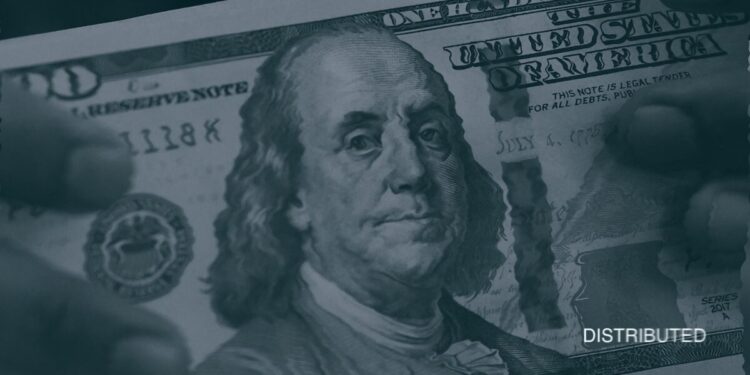The Bank of England is taking a closer look at how exposed UK banks are to the U.S. dollar. This move comes amid growing concerns that the U.S. may no longer be a fully reliable partner in times of global financial stress. With Donald Trump’s return to power, questions are being raised about whether the Federal Reserve would continue supporting global markets the way it has in the past.
The U.S. dollar plays a central role in international finance. It’s the most widely used currency for global trade, investment, and financial transactions. But recent shifts in U.S. foreign and economic policy have forced European regulators, including the Bank of England, to think twice about how much they can depend on it.
In recent weeks, the Bank of England asked some major lenders in the UK to test how they would cope if access to U.S. dollars suddenly dried up. This includes stress test scenarios where banks would struggle to swap other currencies for dollars — a key process used by banks to maintain liquidity.
While such a situation might seem far-fetched, it’s no longer being dismissed as impossible. During the 2008 financial crisis, the global banking system faced a similar challenge, needing huge amounts of short-term dollar funding to stay afloat. That experience revealed just how vulnerable many international banks were, including those in the UK.
See Related: Bank Of England Considers First Rate Cut Since 2020 Amid Inflation Slowdown: Report
Federal Reserve Support To Foreign Banks
One of the main concerns today is that the Federal Reserve may be reluctant to offer support to foreign banks if a crisis hits, especially under political pressure from Trump. If this were to happen, banks could run out of dollar funding quickly, leading to delays in payments, inability to meet customer withdrawals, and a potential loss of trust in the banking system.
Adding to the uncertainty is Trump’s public criticism of Federal Reserve Chair Jerome Powell. Some reports even suggest Powell could be replaced, which would further raise doubts about the independence of the U.S. central bank — a key pillar of global financial stability.
The Bank of England’s request is part of a broader trend among European regulators. Authorities in the EU and Switzerland have also been asking their banks to evaluate how much they rely on dollars and whether they have backup plans if something goes wrong. With around 90% of global currency swaps involving the U.S. dollar and nearly $4 trillion in new contracts traded daily, any disruption could ripple through the entire global economy.
Despite all this, U.S. officials remain confident. They point to strong stock and bond markets and ongoing investment flows as signs that investors still trust the U.S. economy and its currency. But behind the scenes, some bank leaders are less certain. They worry about what might happen if a mid-sized non-U.S. bank faces a sudden dollar shortage — and whether the safety net that used to exist would still be there.
While the likelihood of a full-scale dollar crisis is considered low, the fact that regulators are preparing for it shows just how much the global financial landscape is changing. The old assumption that the U.S. will always step in may no longer hold. For banks around the world, especially those in the UK, that means taking a fresh look at how exposed they are — and how quickly things could change.



